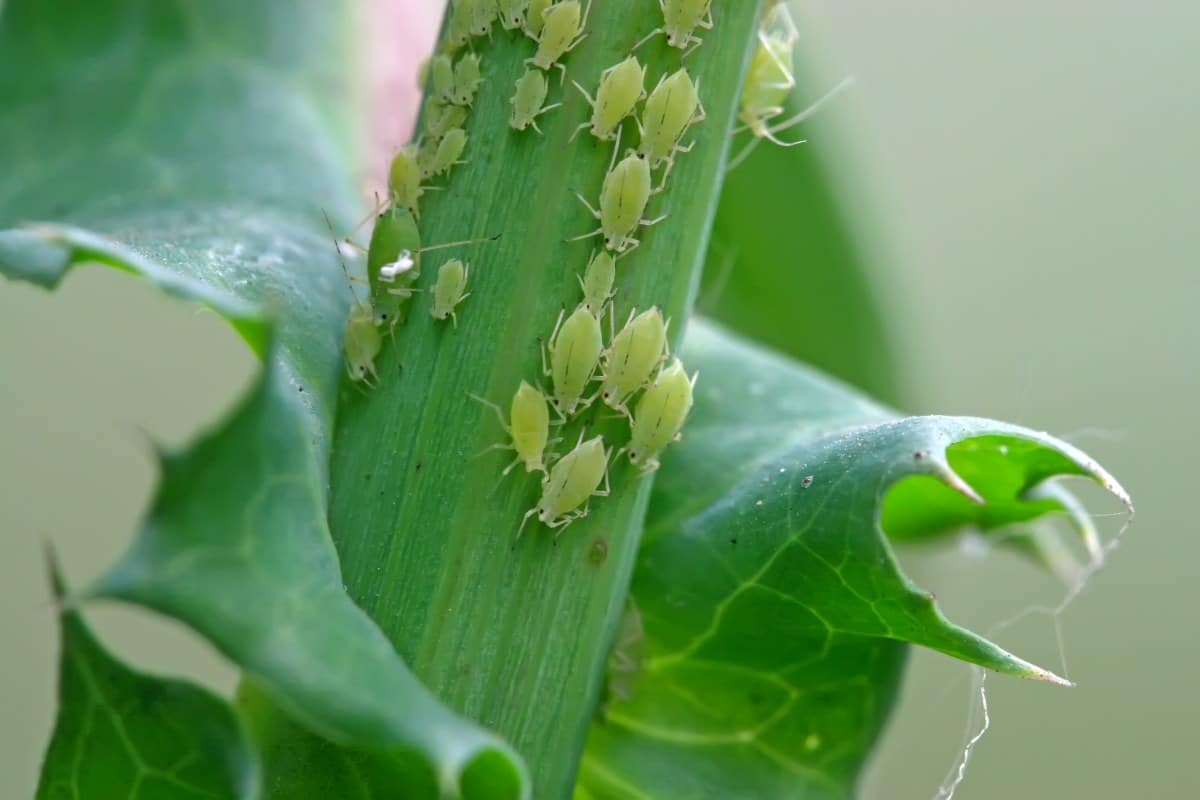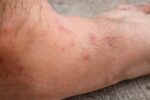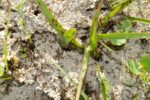
A Guide to Battling an Aphid Infestation in Florida
If you have ever been admiring the green, fresh, new growth on your beloved plants, only to see massive clusters of tiny bugs attacking and feeding on them, you were dealing with an aphid infestation, the silent invaders. But do not worry, with the help of Hulett, your south Florida lawn pest control experts, we can protect your landscape from even the stealthiest pests with our battle guide blog.
The key to controlling aphids, as well as other lawn, ornamental, and palm pests, is proper identification. Recognizing aphids as opposed to whitefly, scale, mealybugs, or chinch bugs, is the first step to employing the proper treatment methods.
Introduction to Aphids in Florida: The Silent Invaders
What Are Aphids
Aphids, often referred to as plant lice, are small bugs with piercing-sucking mouthparts. These sap-sucking insects can be a nuisance in both gardens and on houseplants. They are particularly prevalent in South Florida due to the warm climate, which is ideal for their rapid reproduction. For this reason, when you see one aphid, you typically see multiple. Infestations can grow quickly, so treatment is recommended as soon as an infestation is discovered.
Recognizing Aphid Infestations in Florida
Aphids are tiny, typically less than 1/4 inch, and can be green, yellow, red, brown, or black. Aphids are soft bodied and have two projections from the back of their abdomen called “cornicles.” They tend to cluster on the undersides of leaves or on new growth, where they suck plant sap, leaving behind a sticky residue known as honeydew. This can lead to further issues like sooty mold growth. Sooty mold is a telltale sign of an aphid infestation, or possibly other ornamental sap-feeders such as mealybugs. Symptoms of an aphid infestation include curled or distorted leaves, stunted growth, and a general decline in plant health and appearance.
Aphids on Plants and Houseplants
Aphids in the Garden
In outdoor environments, aphids can cause severe damage to a wide variety of plants, hedges, and shrubs that are commonly found in landscapes throughout Palm Beach County and the Treasure Coast. If you are a gardener, aphids can attack various vegetables and fruits, too. They may transmit plant viruses, further endangering plant health and crop yield.
The Indoor Challenge: Aphids on Tropical Houseplants
Indoors, aphids pose a threat to tropical houseplants, often thriving in the stable temperatures of home environments. Without the natural predators that control their populations outdoors, aphids can quickly overrun indoor plants, making vigilance and early intervention crucial. Aphids can be found crawling indoors when plants are relocated to and from the exterior to the interior, and vice versa. For example, if plants are brought inside from the exterior to escape extreme heat and sun, a freeze, or heavy rain, then aphids can also be found leaving the infested plant and crawling around the kitchen, becoming a pest control issue.
Preventative Measures: Keeping Aphids at Bay
Effective aphid control begins with regular inspection of plants for early signs of infestation. Introducing natural predators, such as ladybugs or green lacewings, can help manage aphid populations. For gardens, reflective mulches can deter aphids by disorienting them with reflected light. However, more realistically, consulting with a professional pest control expert that will properly fertilize plants to keep them strong, and treat pests and diseases on plants is the most convenient and effective approach for control.
Do You Need Pest Control For Aphids? Just Call Hulett!
When aphid populations become too large to manage with simple measures, it may be time to call in the professionals. Hulett Environmental Services offers free inspections with no obligation and provides expert pest control solutions that are safe for both your family and the environment, ensuring your lawn and houseplants remain healthy and aphid-free. Now that you understand the damage aphids can cause to your beloved plants, remember to Just Call Hulett at the first sign of infestation.



